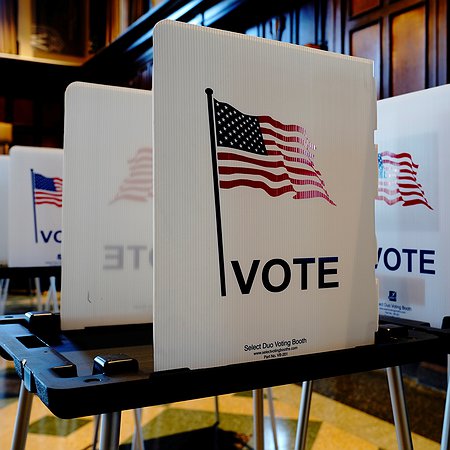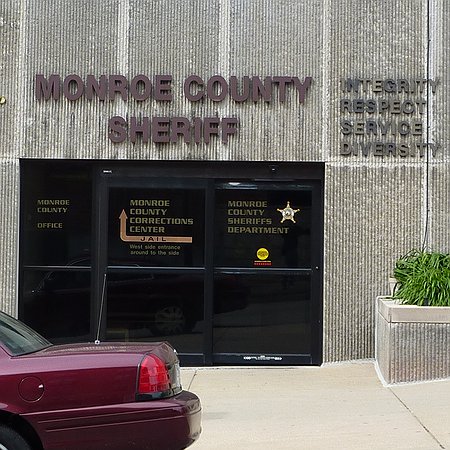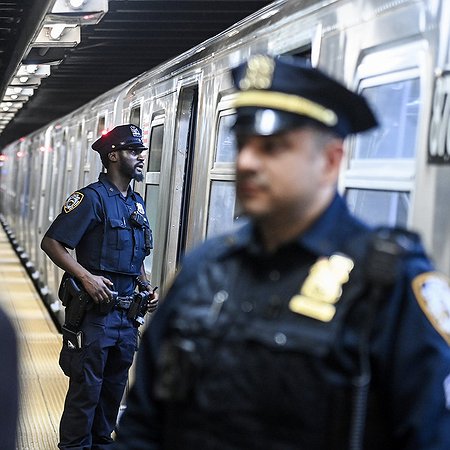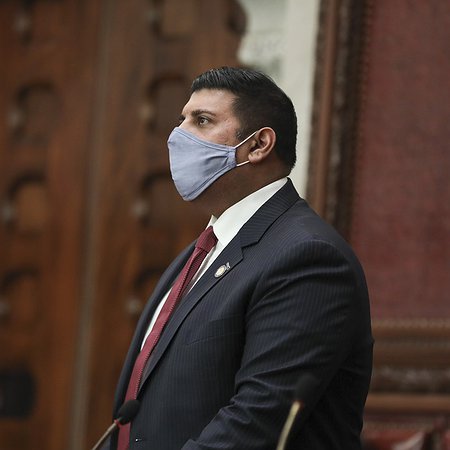NY Post, Manhattan Institute Lie To New Yorkers About Discovery Reform
A recent op-ed written by a Manhattan Institute fellow is littered with misleading or outright false claims, misconstrued data, and logical fallacies about the effect of discovery reform.
The Briefing

The New York Post and the Manhattan Institute continued their fearmongering crusade with an op-ed about New York’s common-sense discovery law. The op-ed is littered with misleading or outright false claims, misconstrued data, and logical fallacies about the effect of discovery reform.
The truth is discovery reform does not cause crime and does not create any additional burden for law enforcement to furnish evidence to people charged with crimes.
Discovery reform does not cause crime
There is absolutely no evidence to suggest that discovery reform causes crime. The laws brought New York in line with the rest of the country in terms of discovery. The author cites data about case dismissals but provides no logical causal pathway or mechanisms to link a rise in case dismissals and a rise in crime.
This is not the first time the Manhattan Institute has attempted to draw a connection between discovery reform and crime, and Justice Not Fear has previously debunked this flawed logic. The data shows that the violent felony dismissal rate is mostly unchanged since before discovery reform. This indicates that prosecutors are taking a needed look at the types of cases they prosecute and dismissing more low-level cases. Prior to discovery reform, prosecutors could allow low-level cases, where limited evidence often exists, to sit in the system, extracting leverage from people charged with crimes and leading to coercive plea deals. The problem is not that too many cases are being dismissed, the problem is that too many cases were being charged in the first place.
The law did not create a “crippling burden” for prosecutors
No matter how many times law enforcement repeats the phrase, discovery reform did not create a “crippling burden” to turn over evidence. New York’s legislation enacted “open file discovery”, meaning that people charged with crimes are able to see the evidence in possession of law enforcement, unless the information should be protected for some reason. In the vast majority of cases, it does not require prosecutors to turn over evidence that was not already in their possession.
Nonetheless, the author suggests that New York should change its laws to require “the collection of substantive evidence” in a case. This would actually create more work for prosecutors. Instead of just turning over what is in law enforcement’s possession, prosecutors would need to spend time going through each document to determine if it needs to be disclosed.
The author also criticizes “meaningless” evidence prosecutors must turn over, like witness statements and surveillance videos. Discovery reform simply requires prosecutors to turn over evidence collected and paperwork already collected by law enforcement. Before 2020, prosecutors could withhold evidence they considered “meaningless” until right before trial, including “meaningless evidence” such as 911 calls and police notes that contradicted law enforcement’s story and proved the innocence of the accused. This is exactly the kind of “redundant” evidence described in the op-ed that is actually critical for defense teams to have and a major reason why discovery reform exists.
With an organized process, discovery reform should have simplified the jobs of prosecutors by taking guesswork out of the system. The commonsense directive of discovery reform is simple: whatever is in the possession of law enforcement should be turned over to the defense unless there is a safety or confidentiality issue. Such clarity promotes fairness to the defense and guidance to the prosecution.
Better communication and organization needed
At its core, the author is arguing that discovery reform should be changed because its goal is too hard to achieve and takes too much time. To ensure the success of a law that protects bedrock constitutional rights, law enforcement – and its allies at the Manhattan Institute — should focus its time and resources on better communication and organization between prosecutors and police. In 2023, lawmakers set aside $170 million for implementation of discovery reform. Rather than misleading the public and fearmongering about a common sense law, law enforcement ought to use those resources to ensure the rights of New Yorkers are protected.
Story Link
Op-ed in the New York Post







